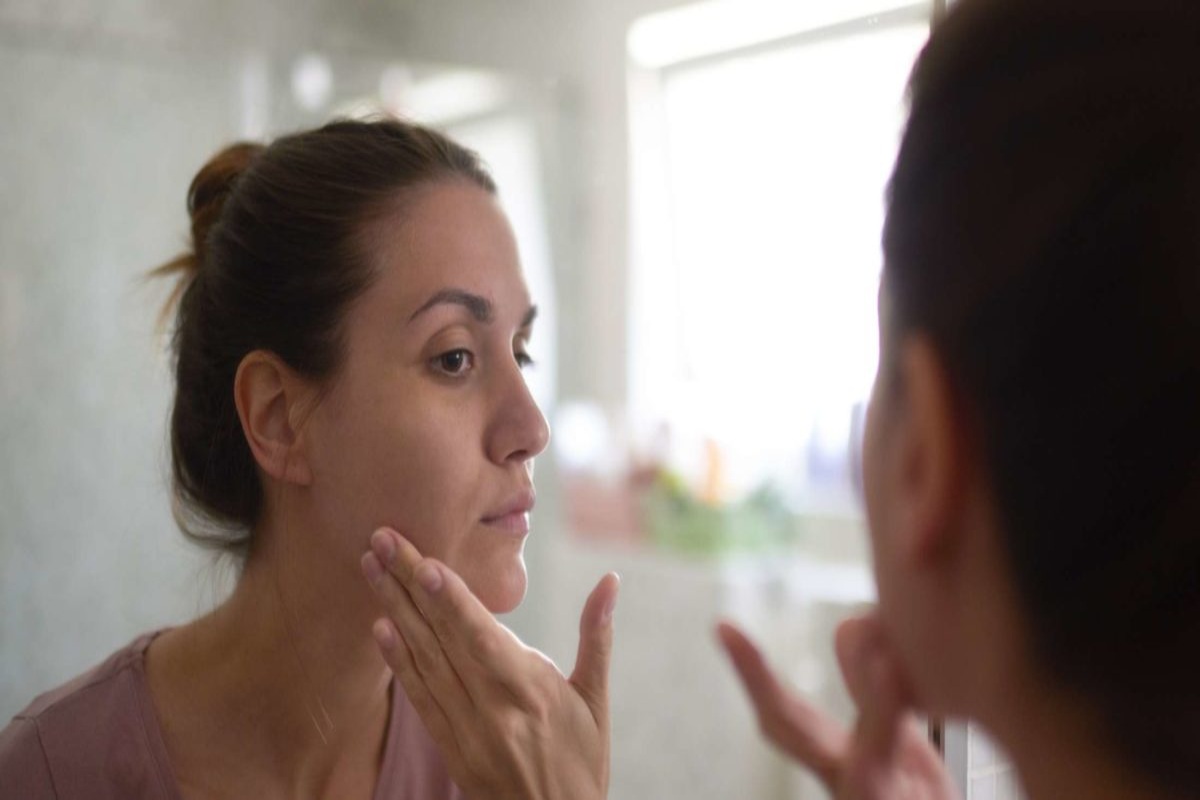Most people are not strangers to the feeling of scrutinizing our bodies for the way they look. We try our hardest to live healthfully and we want our bodies to look healthy too. For some people, these thoughts can be harder to move past or control.
Small flaws that show up to us can appear much larger in our heads than they actually are. A new fashion trend is shown on a model or social media influencer with a body that looks far different from our own, and we start to feel bad, different, or even worthless. We are constantly told by social media, television, advertisements, and celebrities that if we only do this or that, we could have the perfect body, so we keep trying.
No one is perfect, and while there are degrees of body image struggles associated with various mental health disorders, body dysmorphia can often be treated with therapy.
What is Body Dysmorphic Disorder?
Body dysmorphia, or body dysmorphic disorder, is characterized by constant or obsessive thoughts that your body looks different than how it actually appears. Many people who experience body dysmorphia believe that their physical appearance is connected to their self-worth or overall value as a person and place possibly obsessive value on these feelings.
These thoughts are often paired with negative thought loops that trigger negative emotions towards one’s body and could lead to anxiety, depression, or compulsive behaviors.
Attending therapy can help someone who is experiencing body dysmorphia keep perspective and manage negative symptoms and habits. Therapy can work to try to reset one’s mental image of their body to be more realistic as well as emphasizing the societal forces at work that can influence these thoughts.
In-person therapy can be a great option but might be inaccessible to many people. Websites like MyTherapist offer therapy online with licensed therapists who can help you develop the skills you need to work through body dysmorphia. You can read more about MyTherapist here: https://www.mytherapist.com/advice/counseling/.
What to Expect at Therapy?
Often, cognitive behavioral therapy (CBT) is used to treat body dysmorphic disorder or feelings of body dysmorphia. This is because this specific type of talk-based therapy aims to address the way body dysmorphia affects one’s life by targeting both the thought patterns, or cognitions, and the subsequent behaviors that occur because of them.
While in therapy, you may work with your therapist to first be able to identify when you have thoughts that align with body dysmorphia. Often with anxieties such as these, we may not realize just how much the thoughts that run through our heads are rooted in dysmorphia and hence are not accurate judgments on your body or your character or worth.
A therapist will not invalidate your feelings about your body but will help you understand where negative thoughts may come from and how to manage them. You will work with your therapist to recognize that some thought patterns may come from a place that is unhelpful to you in the long run.
In addition, you may also work with your therapist to counter unhealthy behaviors that occur as a result of the thought patterns. These behaviors are different for everyone, but common behaviors include scrutinizing one’s appearance in the mirror, restricting eating, over-exercising, or refusing to wear certain items of clothing. These behaviors are often viewed as unhealthy coping mechanisms.
Your therapist will likely teach you how to recognize them, and then try learning how to break out of these behaviors. This could involve behavior logging, exposure therapy, or mindfulness practices, as well as the implementation of healthier coping mechanisms.
Final Thoughts
Experiencing body dysmorphia can be an incredibly painful and difficult experience. It is possible to develop healthy thought patterns and behaviors, especially with the help of a trained mental health professional.
Author’s Bio

Marie Miguel has been a writing and research expert for nearly a decade, covering a variety of health- related topics. Currently, she is contributing to the expansion and growth of a free online mental health resource with MyTherapist.com. With an interest and dedication to addressing stigmas associated with mental health, she continues to specifically target subjects related to anxiety and depression.

